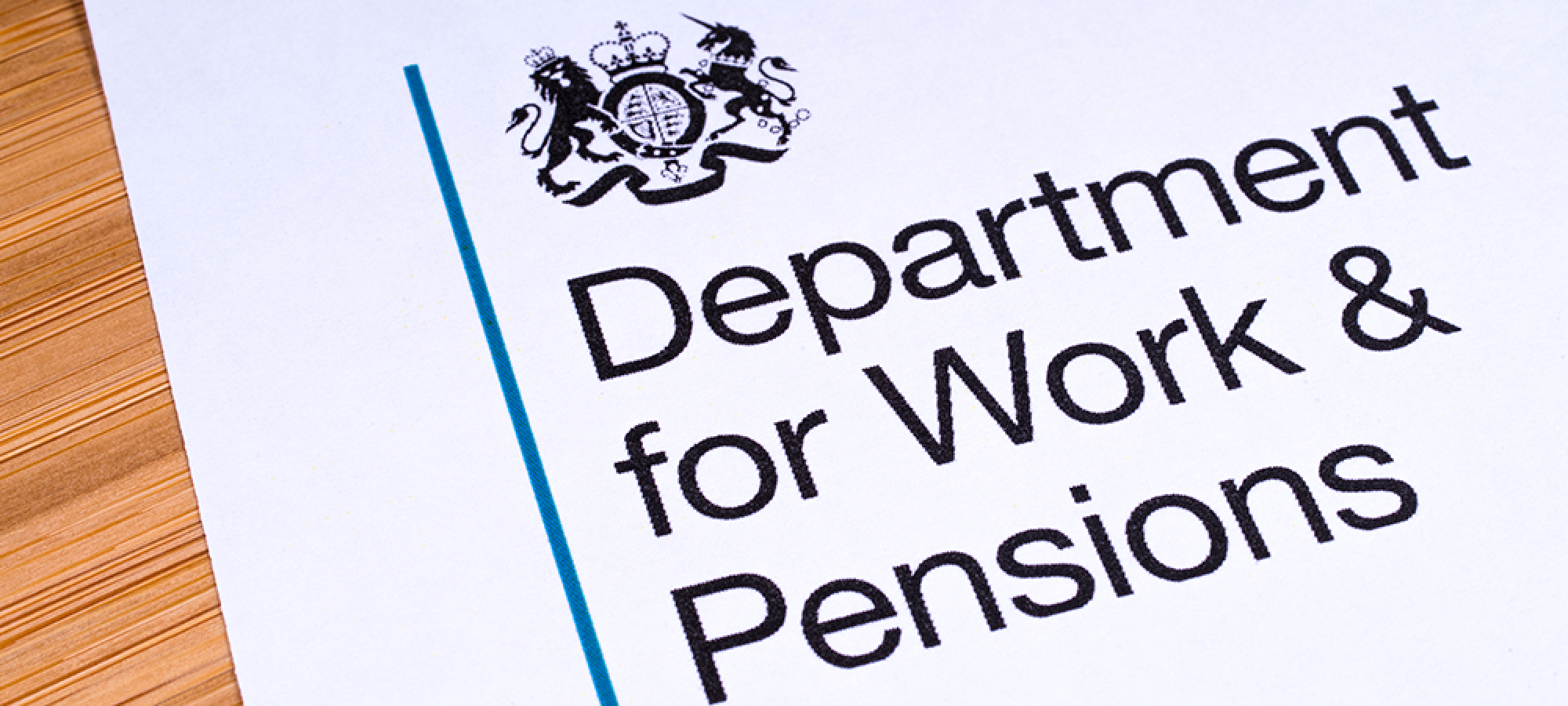The Department of Work and Pensions (DWP), a Government Body, has been issued with a staggering tax bill of £87.9 million. The bill is owed for incorrectly assessing the employed status of contractors, following a reform to tax rules, commonly known as IR35, which first came into effect in the public sector in 2017.
The reform saw the liability for a contractor’s employment status shift from the contractor to their fee-payer. With this change, the end client is now responsible for assessing a contractor’s IR35 status, whilst the fee-payer, depending on who this is in the supply chain – recruiter, agency or end client, is now responsible for deducting the necessary taxes for contractors who are deemed inside IR35.
This was followed by this reform also applying to medium and large-sized clients working in the private sector, with effect from April of this year.
DWP’s IR35 debt excludes penalties
Kingsbridge’s Head of Tax and resident IR35 expert, Andy Vessey, explains that “the lion’s share of the tax and NIC debt of £87.9M arose in the three years ended 5th April 2020, with only £0.4M arising in 2020/21”.
Despite a large amount of debt, no penalties were imposed to the DWP for the error, with Vessey commenting that it “does demonstrate the fact that because of the subjective nature of IR35, it is extremely difficult for HMRC to impose penalties.”
DWP relied on CEST to assess contractor status
Following the 2017 public sector reform, the DWP elected to use HMRC’s CEST (Check Employment Status Tool) to assess the IR35 status of contractors. As Vessey notes, “CEST is an incomplete tool that has limited capabilities, but HMRC will stand by its results provided the information fed into it is accurate and used in accordance with their own guidance”.
CEST has been criticised for not being comprehensive enough, and a recent report by HMRC revealed that over 210,000 users of the CEST tool received an indeterminate result, making up 21% of total uses of the tool from 25th November 2019 to 31 May 2021.
This again raises the question of whether the HMRC CEST tool is fit for purpose, with Kingsbridge’s IR35 Project Manager Ryan Dawson noting that “in the House of Lords Economic Affairs Committee Finance Bill Sub-Committee report in April 2020, titled ‘Off-Payroll working: treating people fairly’, the Lords questioned whether CEST was fit for purpose and expressed that the tool fell well short of what is required.”
What is not currently known is exactly what errors were made by DWP when using CEST and paying contractors, which resulted in the significant tax and NIC underpayments.
“Are we to deduce that the DWP did not invest enough resources into educating its key personnel in the ways of employment status? If so, then other organisations need to understand that determining employment status is more than answering ‘yes’ or ‘no’ questions of an automated tool, but that they must have a grasp of what each status test means and where there is any doubt take advice from IR35 experts”, comments Vessey.
DWP now taking a risk-averse view of IR35
In both the private and public sector, the IR35 reforms saw some clients taking a blanket ban approach to the hiring of contractors to mitigate the risk. However, this change saw some contractors refusing to accept this approach and the subsequent loss of income, with a survey that Kingsbridge completed before the private sector reforms revealing that just 14% of contractors would accept an inside IR35 determination.
Despite this potential pushback from contractors, Vessey notes that the DWP may have decided to take a more risk-averse view of IR35.
“I have had a couple of freelancer clients who, although having contracted to the DWP for a number of years and suffered historical IR35 enquiries and defeated HMRC, have recently found it extremely difficult if not impossible to secure an ‘outside’ IR35 engagement with the DWP despite the evidence pointing firmly towards self-employment.
The recent revelation contained in the 2020-21 accounts helps to explain why the DWP has adopted a risk-averse approach when hiring contractors, once bitten, twice shy.”
Recruiters should take extra care with IR35
The amount DWP is paying to HMRC suggests that recruiters, clients, and businesses alike should take extra care with IR35 status, as HMRC is evidently going for large amounts, with other recent cases such as Gary Lineker being targeted by HMRC over a £4.9 million tax bill.
As Vessey remarks, the DWP case “highlights how much easier it is for HMRC to collect far greater amounts of IR35 revenue from a single engager with contractors all sitting in one place”.
“Businesses should take note that although HMRC may not undertake compliance activity in the immediate future, off-payroll enquiries will only be a couple of years around the corner and could be coming to a postcode near them. Those engagers that do not have tax loss insurance in place may want to reconsider their position after this latest bombshell.”
Is CEST the best solution for recruiters?
With this news, recruiters that are using CEST should consider if this is the best solution for them. As Dawson comments, “simply using CEST because it’s the government’s tool and is free will not be enough to prevent fines – you need to also ensure you have at least a reasonable knowledge around IR35 and how your workers are operating, with the ability to refer it to a specialist if you are uncertain – something CEST will never offer.”
If recruiters or clients are on the lookout for another solution, one option they could consider is Kingsbridge’s award-winning IR35 status tool. Developed by Andy Vessey, the tool has been designed to offer a comprehensive and clear tool for recruiters, clients and contractors alike.
There is also the option to have the results from the tool backed up by IR35 insurance, to help mitigate the potentially crippling costs of an IR35 enquiry. To find out more about the tool, click here or email ir35@kingsbridge.co.uk.
